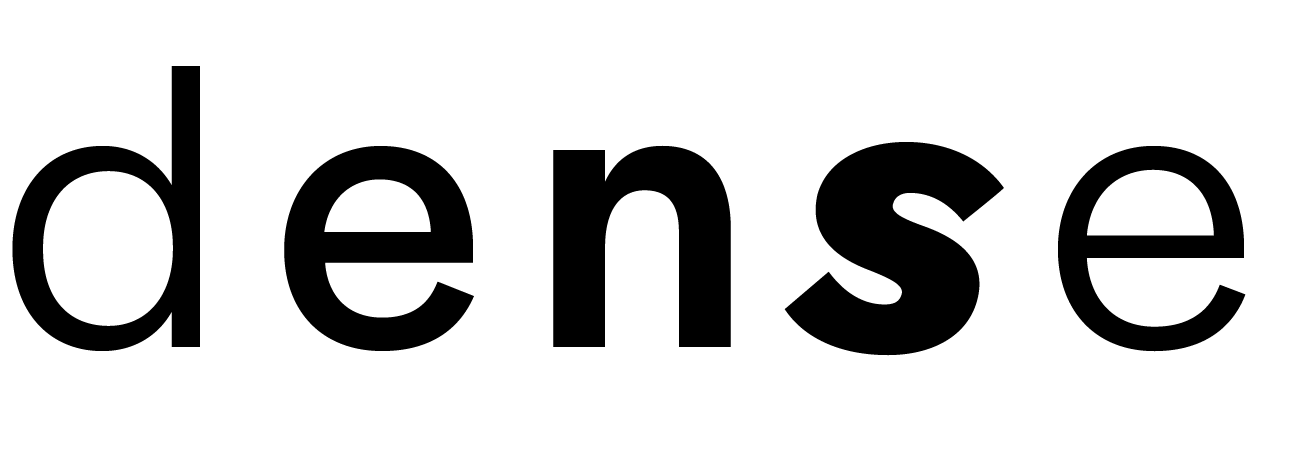Where Are All the Black Car Designers?
- DesignShed Org
- Jul 10, 2022
- 4 min read
Updated: Jun 11, 2023
Designer Dalal Elsheikh talks with editor Gretchen Von Koenig about surveillance futures, automotive spaces and how we need to do better.

Autonomous police vehicles monitor autonomous passenger vehicles, neither of which are operated by humans. Design and image by Dalal Elsheikh.
What do car design, data surveillance and the future of policing on the New Jersey Turnpike have to do with each other?
A lot, according to futurist and autonomous vehicle designer Dalal Elsheikh. Whether we realize it or not, our driving habits are not only informing (and informed by) the cars we drive, they’re being monitored by police in unscrupulous ways. As Elsheikh shared in her Issue 1 contribution called In Bot Pursuit, “a comprehensive catalogue of all traffic stops conducted by NJ State Police from 2009, and published by the State Attorney General's Office, illustrates that NJ Troopers were more likely to search, frisk, use force, or arrest Black drivers.”
Editor Gretchen Von Koenig recently asked Elsheikh, how can we start to course correct for the future of automotive design and policing? Elsheikh’s answer is an onramp for equitable law and order.
To stretch the futuristic boundaries of Issue 1, Dense invited Dalal Elsheikh, a Jersey-born vehicle futurist, to speculate on the design of New Jersey State Trooper vehicles for the year 2051, as an imaginary 100th anniversary of the New Jersey Turnpike. Her design offers a sobering vision of what could happen if police bias towards Black people goes unchecked against surveillance technologies of the future.

Autonomous police vehicles monitor autonomous passenger vehicles, neither of which are operated by humans. Design and image by Dalal Elsheikh.
One look and it’s hard not be immediately struck by Elsheikh’s interior design of the police vehicle. The steering wheel of today is replaced by an array of data screens and surveillance equipment, making the vehicle feel more like a military “situation room” than a car dashboard. It reminds us that the militarization of the police happens not only through tactical gear and weapons, but across many technological systems including vehicles. In this not-too-distant reality, she warns that the same algorithmic bias against Black and Brown people in housing and job applications will make its way into the State Troopers autonomous vehicles–capable of amalgamating data like identifying neighborhoods a car has visited through location tracking and who is inside the car using car camera data and remote facial recognition.
Autonomous vehicles are incredibly complex machines with over 400 sensors and right now, there aren’t many regulations surrounding how smart cars gather and share our driving data. David Colombo showed what type of information he could get from Tesla such as where the car has been, weather conditions, search histories, images of car surroundings and phone calls. The (lousy) Supreme Court ruled this past January that while police need a warrant to search for data on a smart phone, they do not need a warrant to access data stored on car systems– which are increasingly holding our phone’s data in addition to our driving data. Additionally, Black lives are still being taken by systemic racism in policing–with unarmed Jayland Walker being the most recent victim of police brutality in Akron, Ohio. With no federal protection in place against car data, and continued police brutality against Black people across America– I recently asked Elsheikh, how can we start to course correct for the future of automotive design and policing?

6th Annual Report, 1954, New Jersey Turnpike Authority.
She answered that we need more black designers in the automotive field so that we avoid inherent bias being baked into the technological future of cars (that's getting evermore algorithmic-based)– starting with design education. Specifically, automotive and transportation design programs need to do a better job integrating students from diverse backgrounds, and they can start in their own backyard:
“The major schools of automotive design all reside within very diverse cities–Los Angeles, Detroit and London–something that's not reflected at all in the make up of the students in the programs.”
Past education, she also discussed what it meant to be a Black woman in the car industry as a professional. “I can’t even be Black in the car industry because I have to deal with the layer of being a woman first,” stressed Elsheikh. The automotive design field hires women at half the rate of other design fields– where men make up 89% of the workforce. Throughout the automotive cultures–schools, industry and entertainment spaces like car shows–Elsheikh finds herself in very male-driven spaces. Because of this, she has to navigate around some men sexualizing her, as they find the concept of women in car culture to be novel–fetishizing her as a spectacle rather than seeing her as an automotive professional.
Elsheikh’s advice addresses social and cultural norms that must be fixed in order to address the technologies. Before we can even get to fixing data rights in cars, we need to fix the education and professional culture that underpins structures of power. Inequities at the education level reverberate into the makeup of design industries, and take concrete form the designed realities those industries make. The consumer vehicle is the next frontier of over the battle of data, surveillance and most crucially- policing.
Dalal Elsheikh is currently an Autonomous Vehicle Designer who began her design eduction overlooking the Newark skyline at NJIT. Today she lives in Detroit reminiscing on the last time she had a good bagel.
Booth, Please is our weekly newsletter that explores the dreams, discoveries, confrontations, and epiphanies that emerge when design meets New Jersey — all set within the comforts of the world's diner capital. Subscribe below and cozy up every Sunday.






